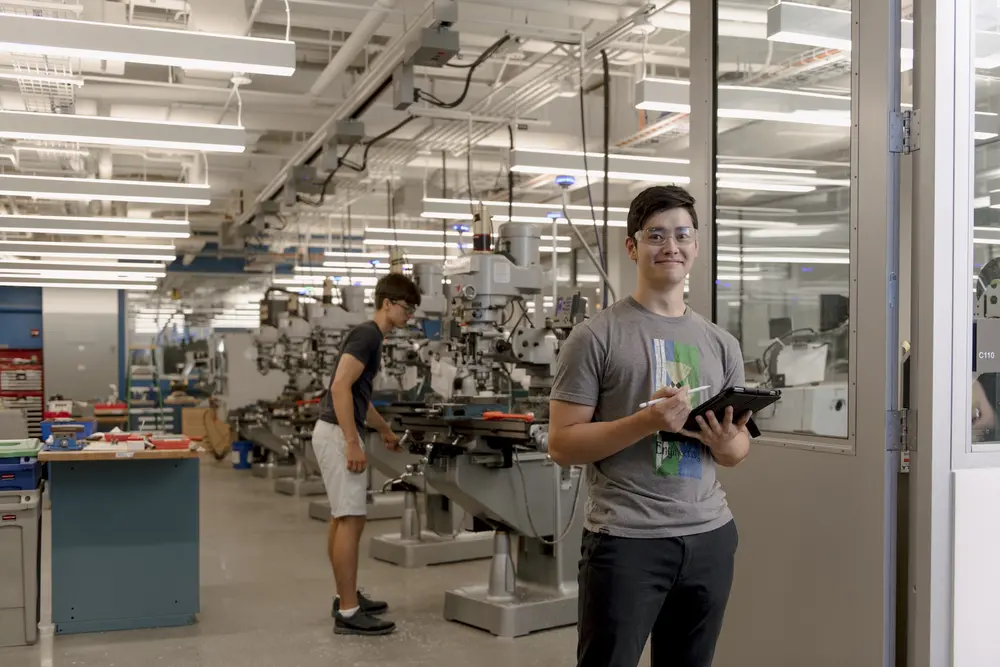Materials Science & Engineering
If you want to create the building blocks of the future, this is the place for you.

College of Engineering
Materials Science & Engineering
Nearly all technology — whether brand new or well-established — depends on materials development and innovation. Understanding the behavior of metals, polymers, ceramics and composites is critical to design the future. From advancing toward 3D bioprinting of a replacement human heart to developing a substitute material for an endangered wood used in the musical instrument called the marimba, materials engineers are literally making the future. These makers and dreamers manipulate the connection between processing, structure and properties of materials to engineer materials that fit the performance criteria for specific uses. As a graduate, you can work at companies, universities or national laboratories, focusing on areas like microelectronics, energy production and storage, biomedical applications, aerospace, information technology, nanotechnology, manufacturing and materials production.
Class of 2023, Six Months After Graduation
92%
Employed or in Grad School
$82,827
Average Salary
Recent Employers
Accenture
Cleveland Clinic
Naval Surface Warfare Center
Procter & Gamble
High School Course Requirements
*Four years of mathematics should include at least algebra, geometry, trigonometry, analytic geometry, elementary functions (pre-calculus) and preferably calculus. Advanced mathematics courses are encouraged, especially a course in calculus.

Mix It Up
You’re not just one thing. You’re a scientist. An artist. A technologist. A maker. A writer. Carnegie Mellon has been mixing it up for decades, and whatever you want to pursue, we’ve got the right mix for you.